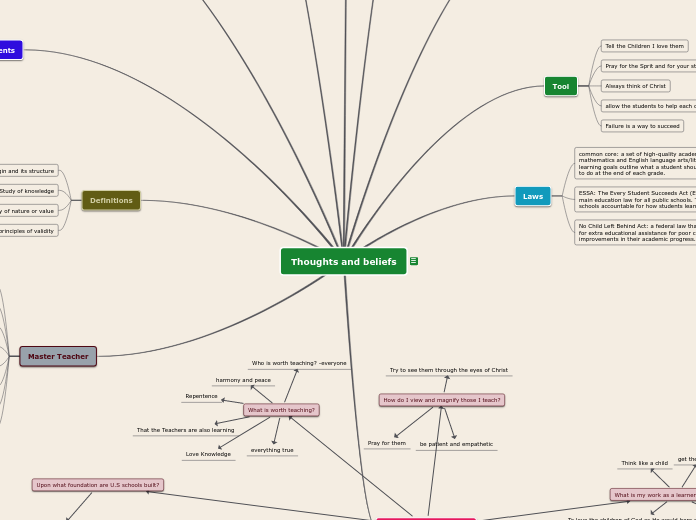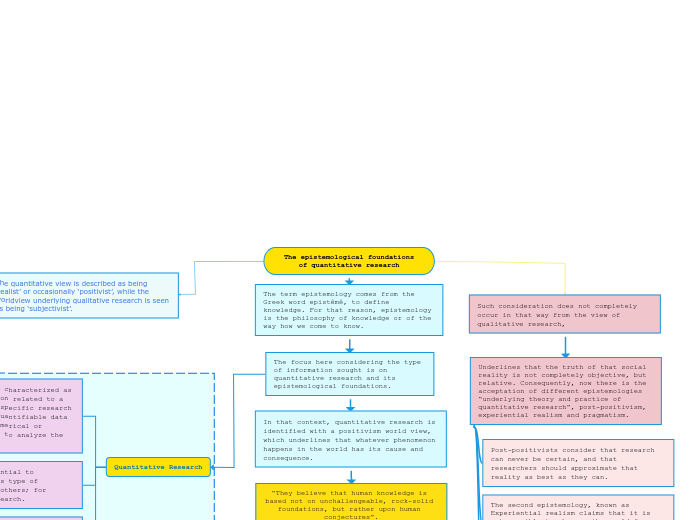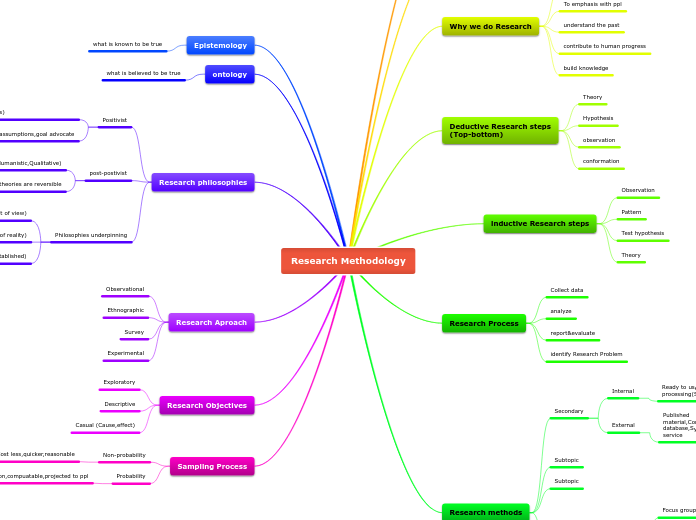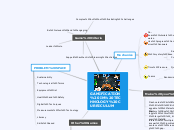por mckenna mitchell 6 anos atrás
327
ED 202
Theodore Burghard Hurt Brameld, a prominent educational philosopher of the 20th century, was an advocate of social reconstructionism. This philosophy emphasizes addressing social issues and striving for a better society and global democracy.









